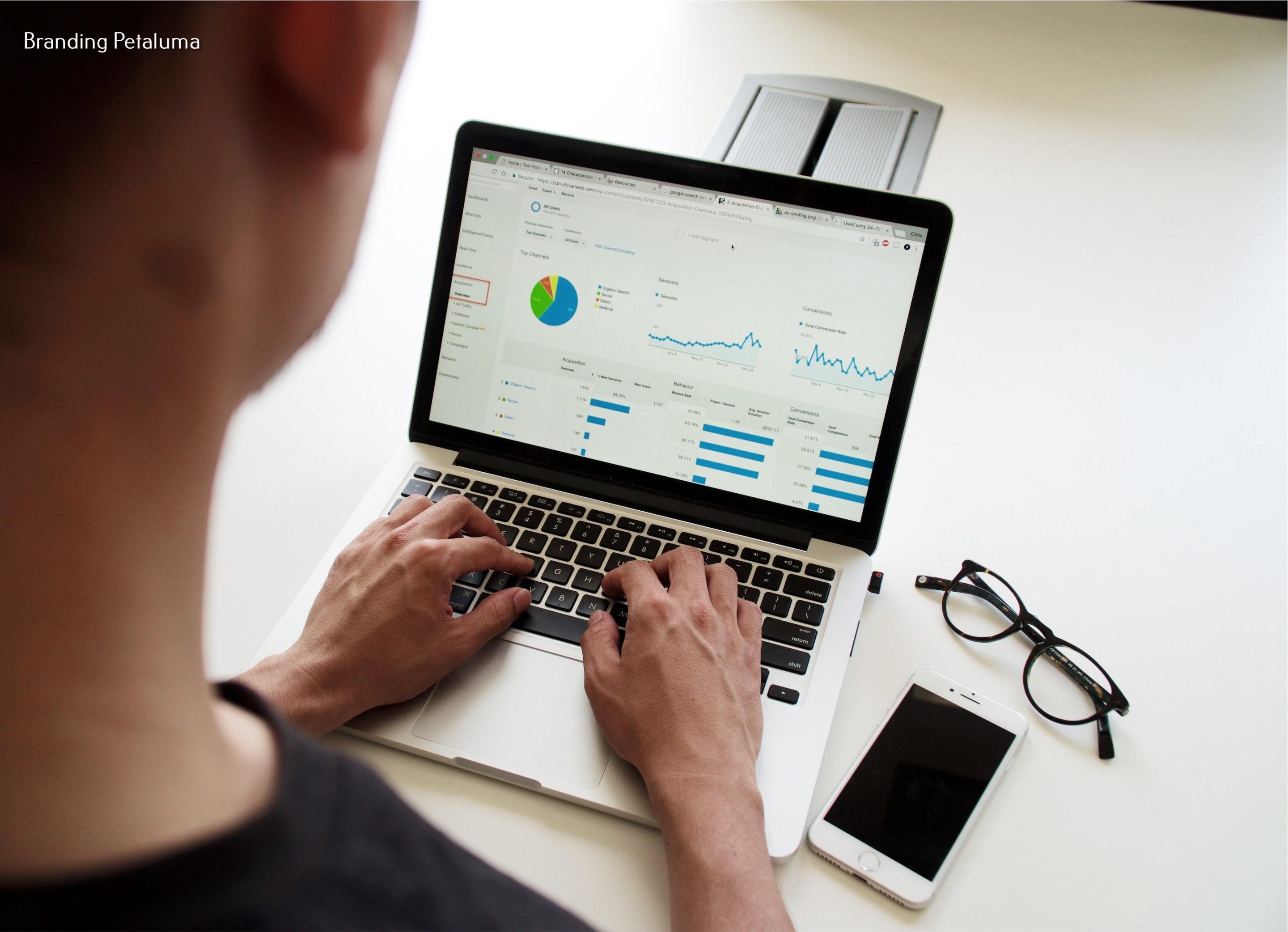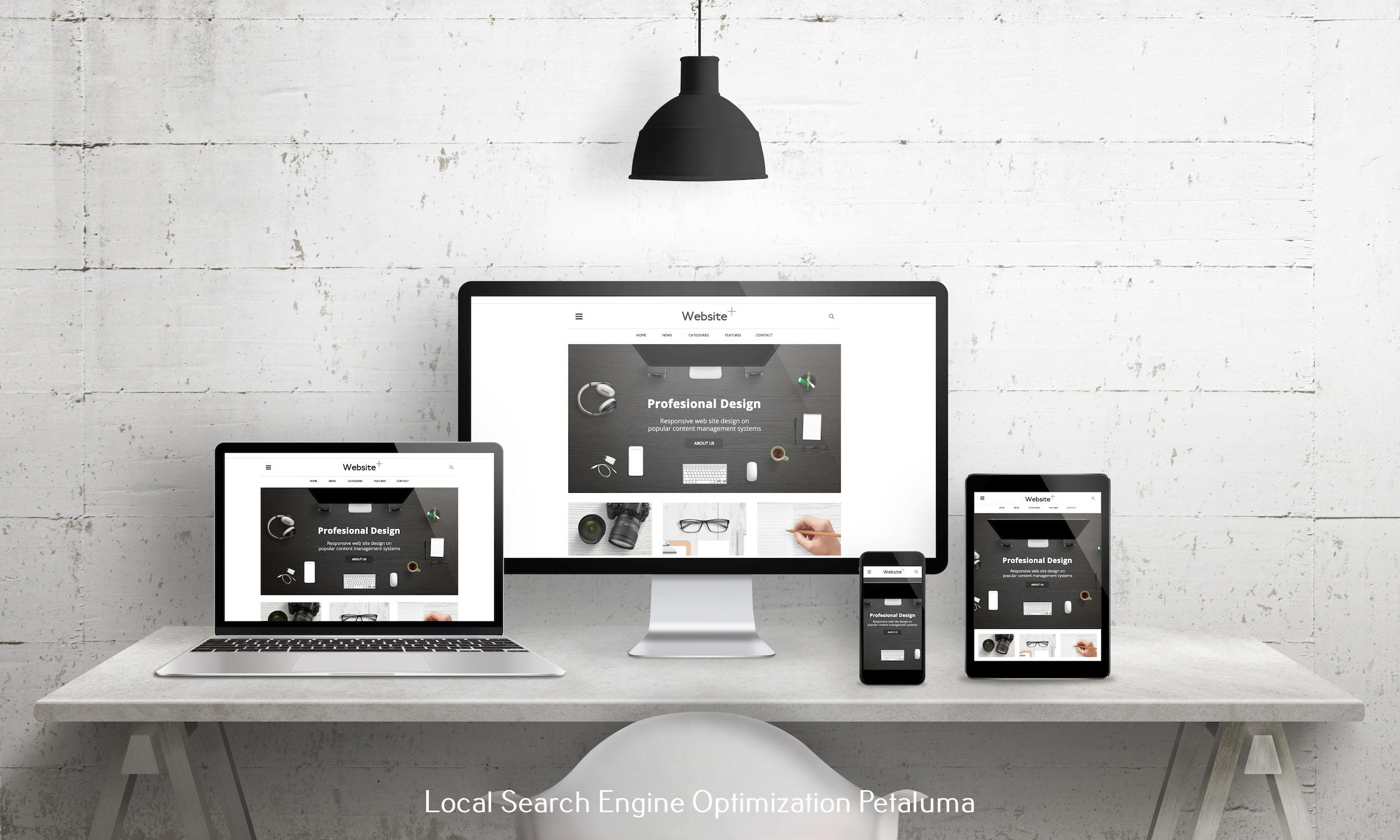So, you've invested time and resources into your website's search engine optimization (SEO) efforts. You've optimized your website for keywords, built backlinks, and implemented other SEO strategies. But how do you know if these efforts are paying off? This is where SEO reporting comes in.
SEO reporting involves tracking and analyzing key metrics to determine the effectiveness of your SEO efforts. By monitoring these metrics, you can identify areas for improvement and make informed decisions about your future SEO strategies.
In this article, we will discuss five essential metrics that you should monitor in your SEO reporting to gauge the success of your digital marketing efforts.
1. Organic Traffic
Organic traffic refers to the number of visitors who come to your website through unpaid search engine results. This is a crucial metric to track as it directly reflects the effectiveness of your SEO efforts.
To monitor organic traffic, you can use tools such as Google Analytics or SEMrush. These tools provide detailed data on the number of visitors, their demographics, and their behavior on your website.
When analyzing organic traffic data, pay attention to any fluctuations or patterns. For example, if you notice a sudden drop in organic traffic, it could indicate a penalty from search engines or an issue with your website's technical SEO.
2. Keyword Rankings
Keywords are the backbone of any successful SEO strategy. Tracking keyword rankings allows you to see how well your website is performing for specific keywords on search engine result pages (SERPs).
There are several tools available that can help you track keyword rankings over time and compare them with competitors' rankings. A few examples include Ahrefs, MozPro, and SEMrush.
Keep in mind that keyword rankings can fluctuate due to various factors such as algorithm changes or competitors' actions. However, consistently monitoring them can help identify trends and inform future keyword optimization strategies.
3. Backlinks
Backlinks are links from other websites back to yours and are considered a crucial factor in search engine rankings. Monitoring backlinks is essential to ensure that your website is gaining high-quality, relevant links.
Tools like Ahrefs and Moz can provide detailed data on your website's backlinks, including the number of backlinks, their source, and their quality. It is important to regularly review this data to identify any spam or low-quality backlinks that may harm your SEO efforts.
Additionally, tracking your competitors' backlinks can help you identify potential link-building opportunities for your website.
4. Page Load Speed
Page load speed refers to the time it takes for your webpage to load completely. This metric directly affects user experience and can impact search engine rankings.
In today's fast-paced digital world, users expect websites to load quickly. If your website takes too long to load, users are likely to leave and find another site that provides a better user experience.
Tools like Google PageSpeed Insights can analyze your website's page load speed and provide suggestions for improvement. Some common ways to improve page load speed include optimizing images and using a content delivery network (CDN).
5. Conversion Rate
Ultimately, the success of any SEO strategy boils down to conversions – whether it be sales or leads for your business. Monitoring conversion rates allows you to see how well your website is converting visitors into customers or leads.
To track conversion rates, set up goals in Google Analytics or use tools like Hotjar or Crazy Egg that provide heatmaps and other data on how users interact with your website.
By monitoring conversion rates over time, you can identify areas for improvement on your website's design and content that may be hindering conversions.
In conclusion…
SEO reporting is an essential aspect of any successful digital marketing strategy. By monitoring these five key metrics regularly, you can gain valuable insights into the effectiveness of your SEO efforts and make informed decisions about future strategies.
Remember that these metrics should not be looked at in isolation – they are all interconnected and can provide a holistic view of your website's performance. So, keep an eye on them, make necessary adjustments, and watch your website climb the search engine rankings!






































0 Comments